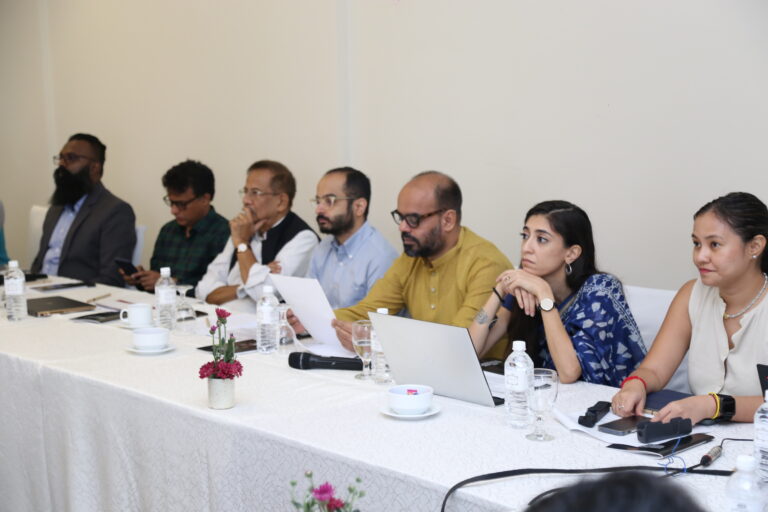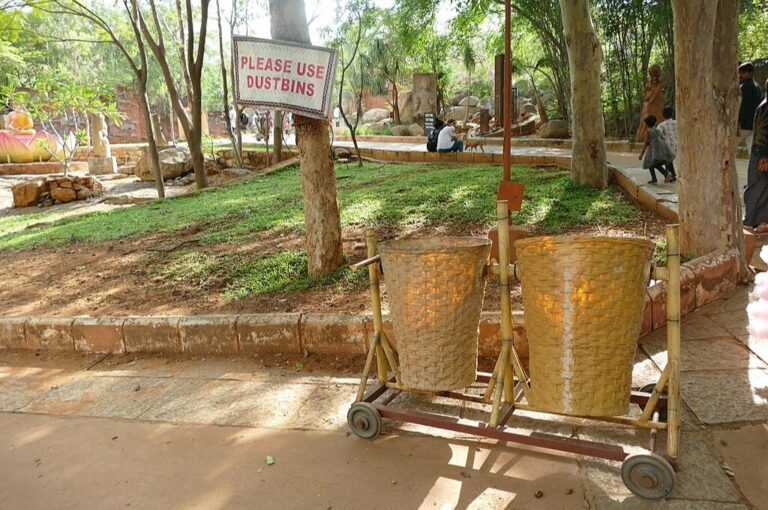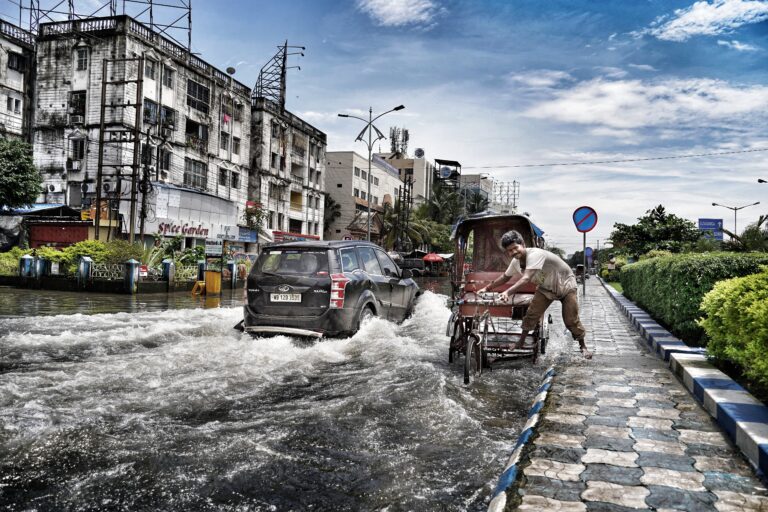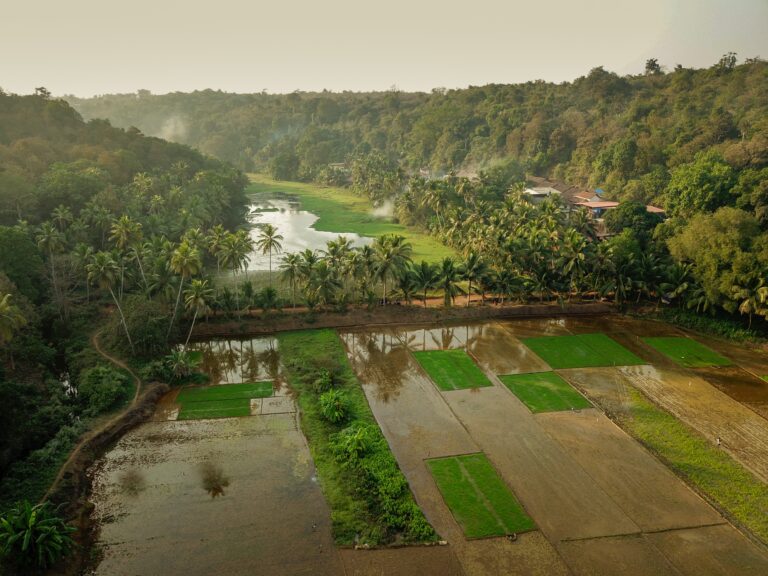
Ashali Bhandari
Ashali Bhandari is the Managing Director for Transitions Research’s People’s Urban Living Lab (PULL). Her work focuses on accelerating inclusive and transformative climate action in India’s mid-sized, rapidly growing cities. She is a geographer and urbanist whose approach to planning combines community and participatory engagement methods with rigorous data and spatial analysis. In the past, she has pursued her interest in the intersectionality of climate change, women’s access to urban spaces and informal livelihoods through her work in cities in India and Bangladesh. She has a Master’s degree in City and Regional Planning from the School of Design at the University of Pennsylvania and a Bachelor’s degree in Geography from Middlebury College.










